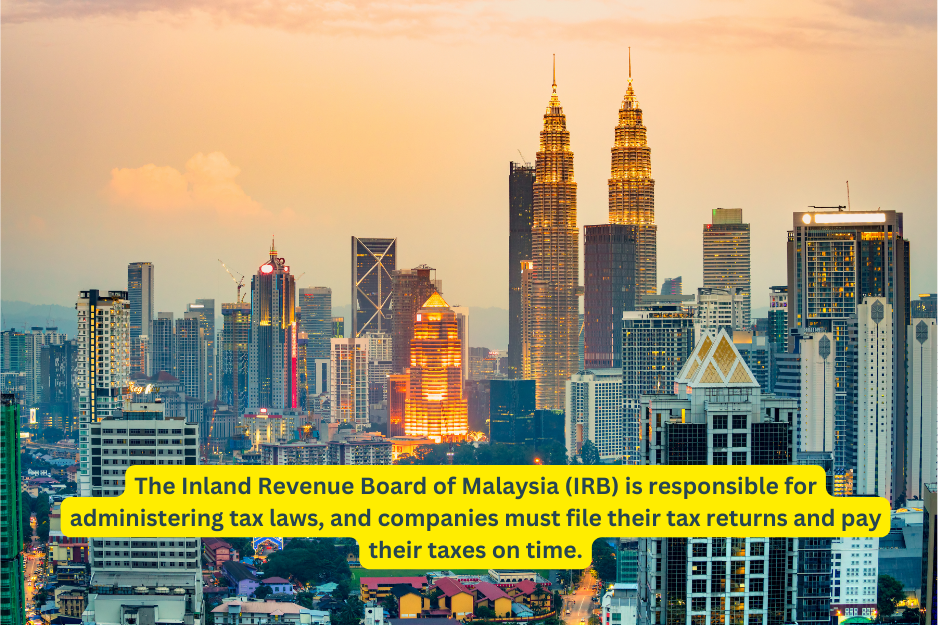Company law in Malaysia is a critical legal framework that governs the establishment and operations of businesses in the country. The primary law regulating businesses in Malaysia is the Companies Act 2016, which replaced the Companies Act 1965. The Act has various provisions that define the responsibilities, rights, and obligations of businesses, their shareholders, and directors.
The Companies Act 2016 establishes three types of companies in Malaysia: private limited companies (Sdn Bhd), public limited companies (Bhd), and companies limited by guarantee. Private limited companies are the most common type of business entity in Malaysia. They are required to have at least one shareholder and one director who must be a resident of Malaysia. The Act also mandates that every company must have a registered office in Malaysia, which is the official address for communication with the authorities.
The Act requires companies to submit their annual returns, financial statements, and tax returns to the Companies Commission of Malaysia (CCM) within specific deadlines. The CCM is the statutory body that administers and enforces company law in Malaysia. It is responsible for registering companies, approving name changes, and maintaining company records.
One of the most critical aspects of company law in Malaysia is corporate governance. The Act mandates that directors of a company must act in the best interests of the company and not use their position to gain personal advantage. Directors must disclose any conflicts of interest they have with the company and not engage in any activities that could harm the company's reputation or financial standing. The Act also requires companies to have an audit committee, which is responsible for ensuring that the company's financial statements are accurate and reliable.
Another important area of company law in Malaysia is employment law. Companies must comply with the Employment Act 1955, which sets out the minimum standards for working conditions, such as hours of work, overtime, leave entitlements, and termination of employment. The Act also requires companies to contribute to the Employees Provident Fund (EPF) and the Social Security Organization (SOCSO) for their employees.
In Malaysia, businesses must also comply with other laws that impact their operations, such as taxation, intellectual property, and competition law. The Inland Revenue Board of Malaysia (IRB) is responsible for administering tax laws, and companies must file their tax returns and pay their taxes on time. Intellectual property laws protect businesses' rights to their inventions, designs, and trademarks. The Competition Act 2010 prohibits companies from engaging in anti-competitive practices, such as price-fixing and monopolies.
In conclusion, company law is a critical legal framework that governs businesses in Malaysia. The Companies Act 2016 establishes the requirements for establishing and operating businesses, including corporate governance, employment law, and compliance with other laws. Businesses must comply with these laws to ensure their continued success and avoid penalties and legal disputes.
